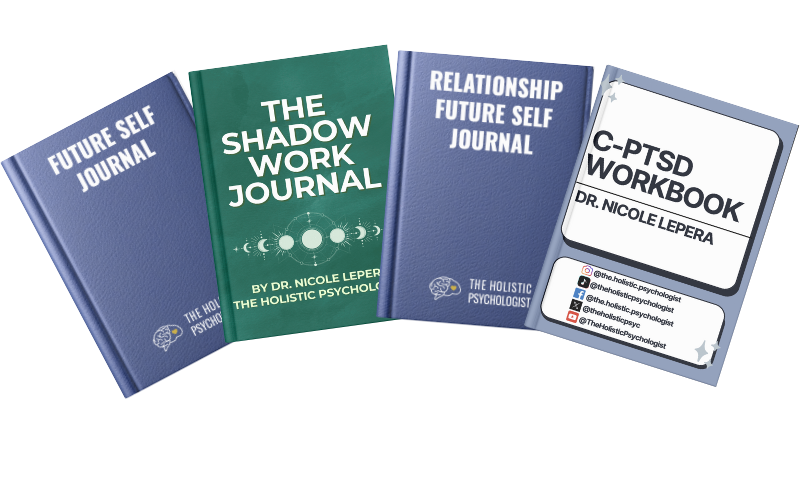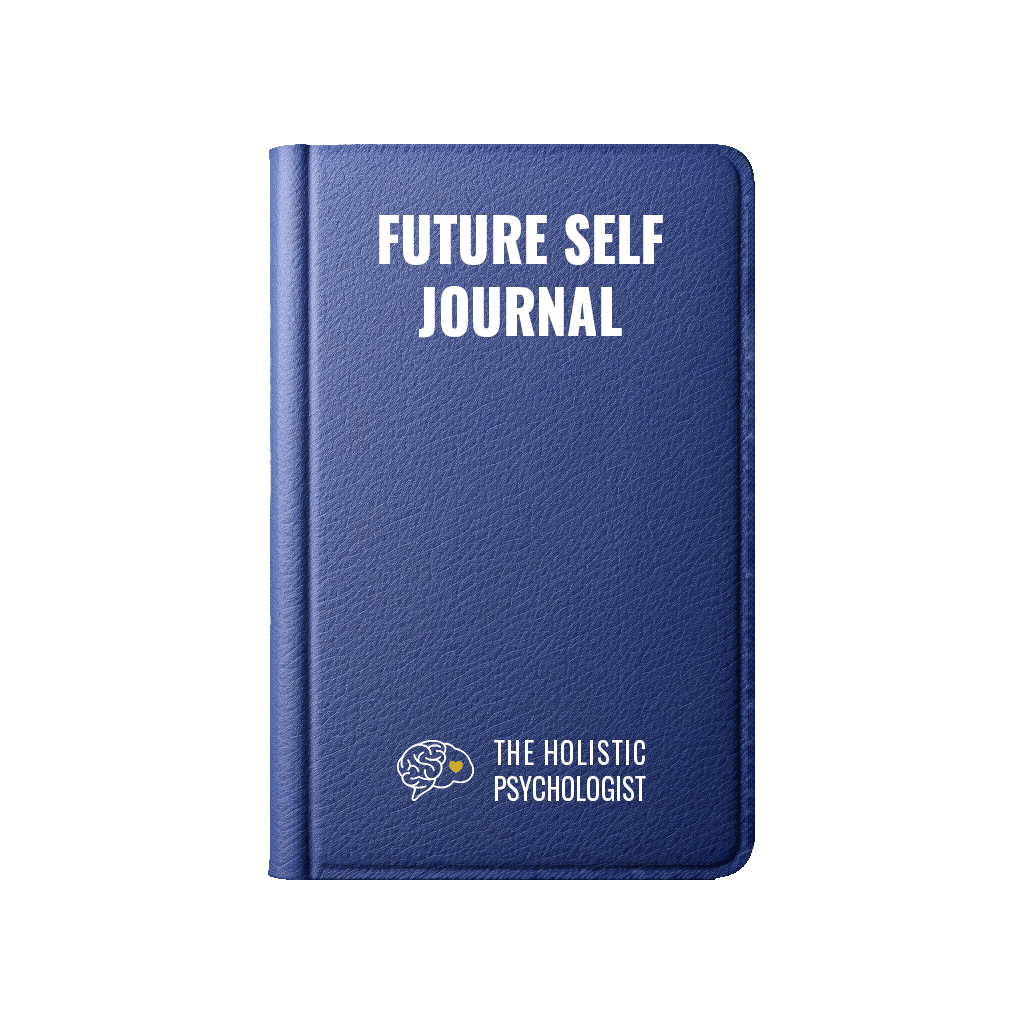By now, most people are aware that the gut has an impact on your mood and overall health. There is a sophisticated communication system between the gastrointestinal tract and the brain. The two are able to send messages bi-directionally via the vagus nerve. Studies show that the state of the gut (it’s microbiome) is linked to anxiety, depression, mood disorders, and autoimmune diseases.
So what are some signs your gut is unhealthy?
1. Poor immune system. Getting sick frequently and feeling like it’s taking you a while to recover.
2. Brain fog and forgetfulness. Unfortunately these things are so common in my practice I find my clients don’t take these signs as seriously as they should. If you’re feeling “out of it” or forgetting things more than you used to, your gut needs attention.
3. Chronic diarrhea, gas, or bloating. If you’re getting diarrhea often, it’s a sign that your microbiome is unbalanced or permeable.
4. Autoimmune Disorders. Lupus, Hashimoto’s, and Rheumatoid Arthritis are signs that the gut isn’t functioning properly.
5. Fatigue. Especially fatigue that lasts throughout the day regardless of how much sleep you’ve had.
6. Intense sugar/carb cravings. An imbalance of “bad” bacteria will cause cravings to be amplified. These microbes can’t get enough carbs or sugar.
7. Anxiety, depression, mood disorders. All of these have been linked to gut dysbiosis. [LINK to research]
8. Nutritional Deficiencies. If the gut bacteria is unbalanced or the gut lining is permeated, nutrients cannot be absorbed which will lead to nutrient deficiencies even if you are supplementing.
How to Heal the Gut
It’s worth mentioning before I go into how to heal the gut, that this process takes time. Most people have been eating a bad diet for decades, so it’s important to be patient as the gut heals. You will start noticing positive affects in only a few short weeks, but fully healing the gut can take 3-6 months. It’s important to stay committed.
Pay close attention to how you feel physically and mentally during this time.
Do an Elimination Diet
Elimination diets are powerful tools that allow your body to heal, but they also help you gain information about how food affects you. Constant exposure to foods like refined sugar and gluten can build a tolerance, so you might feel like they don’t have much if any affect on you. An elimination diet helps you get aligned with your body to see how foods affect you. Foods to avoid in an elimination diet include: gluten, corn, dairy, soy, sugar, refined carbohydrates, and processed foods. Removing these foods for a minimum of 30 days is best.
Get Sleep
The health of our microbiome is affected by sleep and our sleep affects the health of our microbiome. Our microbiome affects our circadian rhythms or sleep/wake cycle which in turn affects our hormones. Serotonin is a neurotransmitter that’s primarily made in the gut which triggers the production of melatonin which regulates our sleep/wake cycle.
Getting good sleep can help balance our hormones and give our microbiome time to repair damage. Set a bedtime every night that allows you to get 7 hours of sleep. Avoid screens or wear blue light blockers for two hours before bedtime to avoid disruption in melatonin production.
Reduce Stress
Studies show that chronic stress causes gut to enter a “dysbiotic” or unstable state. Stress also affects our sleep. Some stress is unavoidable and the gut can quickly recover. When stress is chronic, it’s important to address and work to change the stressful issues. Practicing yoga, mindfulness, breath work, and HIIT fitness will help the body to enter a calm state after stress.








